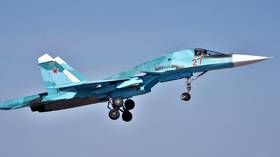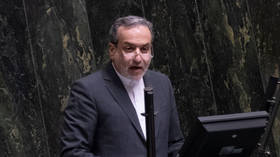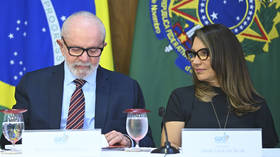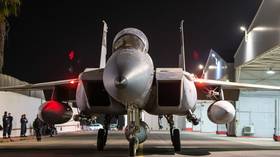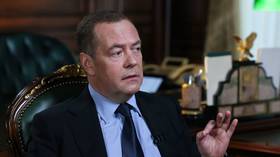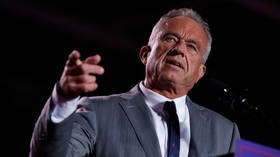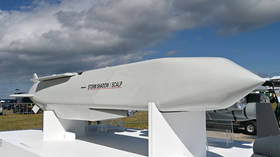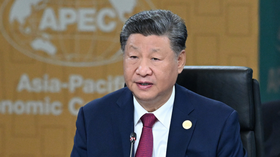Russian diplomats in US receiving threats – envoy
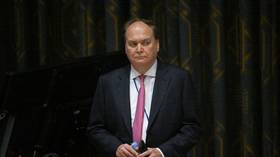
Russian diplomats working in the US are being threatened with physical violence in the runup to the country’s presidential election in November, Moscow’s ambassador in Washington, Anatoly Antonov, told journalists on Thursday.
The diplomat said that tensions have noticeably risen in the US in recent months and that it is becoming “increasingly difficult to work here” as election day, November 5, approaches.
“This is confirmed by aggressive demonstrations with provocative slogans and insults directed at the leadership of [Russia],” Antonov said, adding that there have also been “threats of physical violence against diplomats and the ambassador personally.”
The diplomat also noted that there has been a “tightening of the situation in the information field” in the US and that new restrictions are constantly being introduced that target Russian journalists working in the country.
“There are thousands and even tens of thousands of sanctions in effect,” Antonov observed, noting that even though the “propaganda accusations against us continue to burst like soap bubbles,” the restrictions remain in place.
“Remember when in 2016 we were accused of colluding with Donald Trump and the most severe restrictions were introduced. The dirt has since settled but the sanctions still remain,” the diplomat said, referring to the ‘Russiagate’ hoax that stemmed from since-debunked claims that Moscow had helped Trump win the 2016 US presidential election.
Antonov suggested that history is now repeating itself as Russia is once again being accused of interfering in America’s internal affairs, supposedly influencing the opinions of voters and allegedly conducting hacker attacks.
“Of course, no evidence of this is being presented,” Antonov noted.
Last month, Antonov also spoke out against Washington’s “Russophobia” as US officials targeted Russian media, including RT, with more sanctions for what they claimed was a “malign” government-sponsored influence campaign, supposedly aimed at manipulating American public opinion ahead of the November elections.
The diplomat argued that the sanctions were an attempt by US Democrats to “shift some of the blame for their mistakes during the electoral struggle to Russia” and “justify their actions” by lying and discrediting Russian media, which had been providing a “small sip of the truth on American politics.”
“Their goal is clear – to cleanse the information space of inconvenient truth. To thicken the atmosphere of Russophobia, blaming one’s own failures on external factors,” Antonov said at the time.
Moscow’s Foreign Ministry has also condemned anti-Russian measures adopted by Washington, attributing them to the “irreversible degradation” of democratic values in the US and the country’s transformation into a “totalitarian neoliberal dictatorship.”



